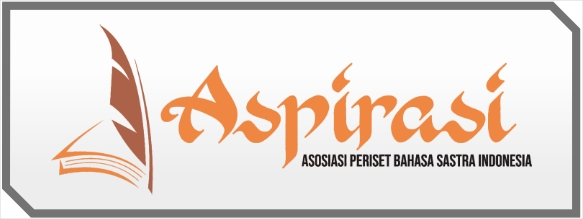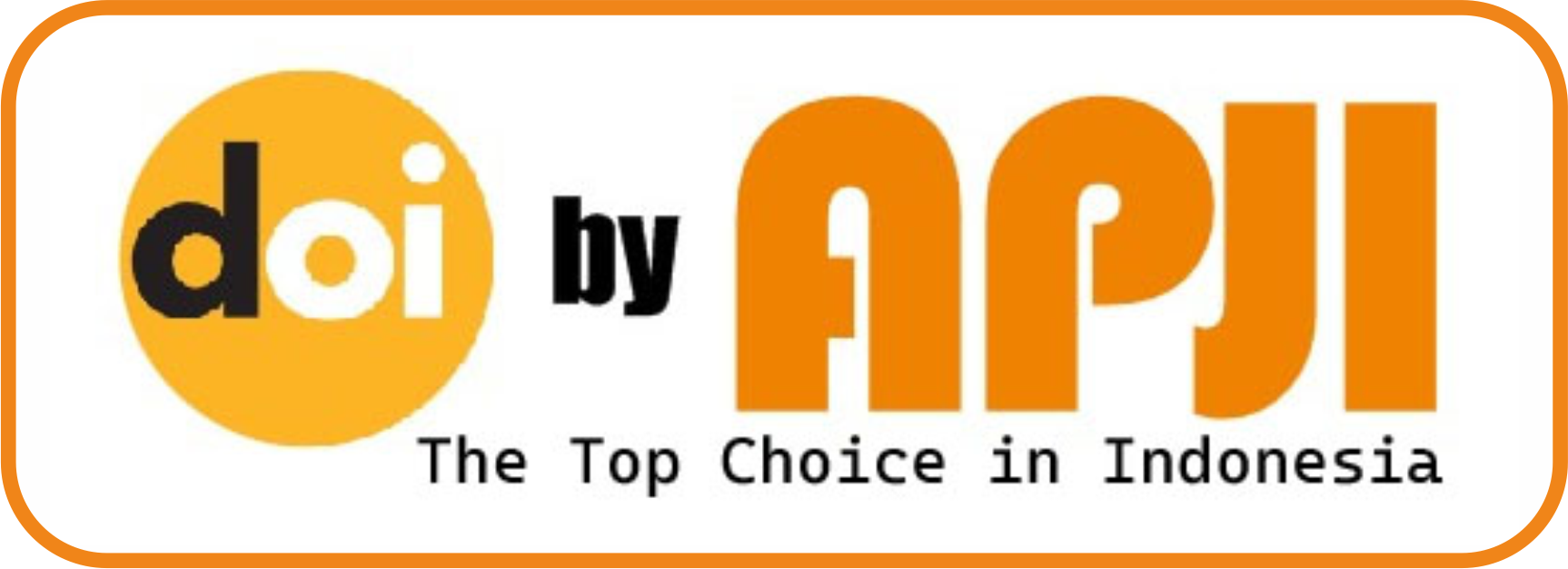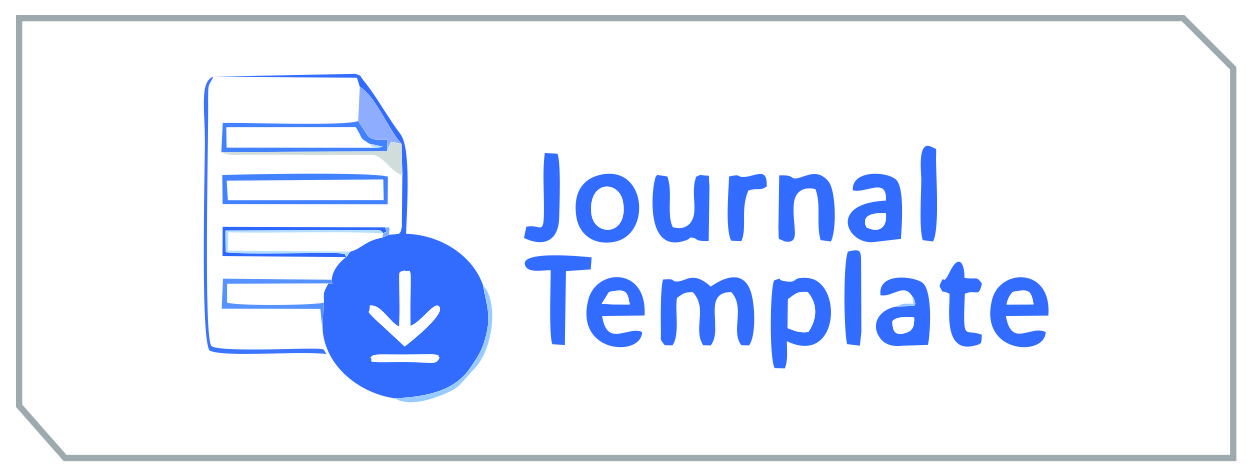Needs Analysis Of Scientific Article Writing Training For English Teachers: A Mixed Method
DOI:
https://doi.org/10.55606/ijel.v2i2.82Keywords:
English Teacher, Scientific Writing, Writing Needs, WritingAbstract
Writing and publishing scientific papers is something that is not only important for researchers, but also for teachers who teach in junior high to high school related to the need to increase teacher professionalism. Therefore, this study aims to analyze the need for training in the ability to write scientific articles in English teachers. This research employs mixed methods whereby quantitative data analysis will be supported by qualitative analysis. Purposive random sampling was used in the selection of research respondents which involved 30 teachers as a sample of a total of 150 English teacher population. This analysis was carried out based on the factors that can affect the difficulty of the process of writing scientific papers including the writing environment; obstacles caused by the topic of writing; the author’s motivation; and the processes, knowledge, and skills involved in writing. The results of this study are expected to be able to become a reference in developing writing training, especially for English teachers and can be an evaluation for teachers about the actions that must be taken to develop the ability to write scientific pap
References
Alley, M. (2018). The Craft of Scientific Writing (Fourth). Springer. https://doi.org/10.1007/978-1-4419-8288-9
Barry, D., Pendergast, D., & Main, K. (2020). Teacher perspectives on the use of the Australian professional standards for teachers as part of their evaluation process. Australian Journal of Teacher Education, 45(8), 1-22. https://doi.org/10.14221/ajte.2020v45n8
Bennett, H. (2018). Engaging the 2 st -Century student: Beyond the lecture. International Journal of Kinesiology in Higher Education, 2(3), 87-96. https://doi.org/10.1080/24711616.2018.1474083
Blackwell, J., & Martin, J. (2011). Essential steps before writing a paper. In J. Blackwell & J. Martin (Eds.), A Scientific Approach to Scientific Writing (pp. 3-11). Springer. https://doi.org/10.1007/978-1-4419-9788-3
Blaxter, L., Hughes, C. and Tight, M. 1998. Writing on academic careers. Studies in Higher Education, 23(3): 281–95.
Brittain, E. (2019). A Collaborative Activity for Generating Ideas in the Writing Classroom. In English Teaching Forum (Vol. 57, No. 1, pp. 32-34). US Department of State. Bureau of Educational and Cultural Affairs, Office of English Language Programs, SA-5, 2200 C Street NW 4th Floor, Washington, DC 20037.
Cotos, E., Huffman, S., & Link, S. (2020). Understanding graduate writers’ interaction with and impact of the Research Writing Tutor during revision. Journal of Writing Research, 12(1), 187-232
Daryanto. (2013). Standar kompetensi dan penilaian kinerja guru profesional. Yogyakarta: Gava Media.
Dickinson, P. (2014). The effect of topic-selection control on EFL writing fluency. Journal of Niigata University of International and Information Studies, 17, 15-25.
Gilinsky, A., Forbes, S. L., dan Reed, M. M. 2016. Writing Cases to Advance Wine Business Research and Pedagogy. Wine Economics and Policy, 5, 60-67. http://dx.doi.org/10.1016/j. wep.2016.04.001.
Graham, S. (2018). A revised writer (s)-within-community model of writing. Educational Psychologist, 53(4), 258-279.
Harland, T. (2003). Vygotsky’s zone of proximal development and problem-based learning: Linking a theoretical concept with practice through action research. Teaching in higher education, 8(2), 263-272.
Haviz, M., Maris, I. M., Adripen, Lufri, David, & Fudholi, A. (2020). Assessing Pre-Service Teachers’ Perception on 21 century Skills in Indonesia. Journal of Turkish Science Education, 17(3), 351-363. https://doi.org/10.36681/tused.2020.32
Hwang, J. A. (2010). A case study of the influence of freewriting on writing fluency and confidence of EFL college-level students. Second Language Studies, 28(2), 97-134.
Juandi, D., Kusumah, Y. S., Tamur, M., Perbowo, K. S., Siagian, M. D., Sulastri, R., & Negara, H. R. P. (2021). The effectiveness of dynamic geometry software applications in learning mathematics: A meta-analysis study. International Journal Interactive Mobile Technologies, 15(02), 18–37. https://doi.org/10.3991/ijim.v15i02.18853
Karimnia, A. 2013. Writing Research Articles in ENGLISH: Insights from Iranian University Teachers’ of TEFL. Akdeniz Language Studies Conference 2012, (Online), Procedia - Social and Behavioral Sciences, hlm. 901- 914, (http://www.sciencedirect.com), diakses 13 Januari 2017.
Kim, S., Raza, M., & Seidman, E. (2019). Improving 2 st -century teaching skills: The key to effective 2 -century learners. Research in Comparative & International Education, 14(1), 99–117. https://doi.org/10.1177/1745499919829214
Kim, S., Raza, M., & Seidman, E. (2019). Improving 2 st -century teaching skills: The key to effective 2 -century learners. Research in Comparative & International Education, 14(1), 99–117. https://doi.org/10.1177/1745499919829214
Komara, A. 2017. Menulis Artikel dan Karya Ilmiah, (Online), (http://www.lpmpjateng. go.id/web/index.php/arsip/artikel/174- menulis-artikel-dan-karya-ilmiah), diakses 12 Januari 2017.
Lamanauskas, V. (2019). Scientific article preparation: Title, abstract and keywords. Problems of Education in the 21st Century, 77(4), 456-462.
Lohbeck, A., & Frenzel, A. C. (2022). Latent motivation profiles for choosing teaching as a career: How are they linked to self-concept concerning teaching subjects and emotions during teacher education training. British Journal of Educational Psychology, 92, 37-58.
Mastracci, S., & Adams, I. (2019). Is Emotional Labor Easier in Collectivist or Individualist Cultures? An East–West Comparison. Public Personnel Management, 48(3), 325-344.
McGrail, R. M., Rickard, C. M. and Jones, R. 2006. Publish or perish: Asystematic review of interventions to increase academic publication rates. Higher Education Research and Development, 25(1): 19–35.
Moskowitz, S., & Dewaele, J.-M. (2019). Is teacher hapiness contagious? A study of the link between perceptions of language teacher happiness and students attitudes. Innovations in Language Learning and Teaching.
Nugroho, Hery.(2011). Cara MudahMenjadi Guru Penulis. Semarang: Dahara Prize.
Ortinau, D. J. 2011. Writing and Publishing Important Scientific Articles: A Reviewer’s Perspective. Journal ofBusinessResearch, 64, 150-156. doi:10.1016/j.jbusres.2010.02.002.
Rosa, A. T. R., & Mujiarto, M. (2020). Teacher development potential (Creativity and Innovation) education management in engineering training, coaching and writing works through scientific knowledge intensive knowledge based on web research in the industrial revolution and society. International Journal of Higher Education, 9(4), 161–168. https://doi.org/10.5430/ijhe.v9n4p161
Saputra, A. (2020). Memanfaatkan SINTA (Science And Technology Index) Untuk Publikasi Karya Ilmiah & Strategi Dalam Mencari Dan Memilih Jurnal Nasional Terakreditasi. Media Pustakawan, 27(1), 56-68.
Schwartz, B. (2004). The paradox of choice: Why more is less. New York.
Singh, J., & Panigrahi, P. K. (2018). Acceptence of Open Learning Resources: Perspectives of Higher Education Students in India. The Electronic Journal Information Systems Evaluation, 21(2), 80-93.
Tahira, M., & Haider, G. (2019). The role of critical thinking in academic writing: an investigation of EFL students’ perceptions and writing experiences. International Online Journal of Primary Education, 8(1), 1-30.
Tamur, Maximus, Juandi, D., & Kusumah, Y. S. (2020). The Effectiveness of the Application of Mathematical Software in Indonesia: A Meta-Analysis Study. International Journal of Instruction, 13(4), 867–884. https://doi.org/10.29333/iji.2020.13453a
Thomas, C. G. (2021). Research methodology and scientific writing (Two). Springer. https://doi.org/10.1007/978-3-03064865-7
Valdivia, I. M. Á., & Martínez, M. L. (2018). Improving preservice teachers’ scientific argumentative writing through epistemic practices: A learning progression approach. Journal of Education for Teaching, 45(2), 169-185. https://doi.org/10.1080/02607476.2018.1548172
Wijaya, K. F. (2022). Investigating Indonesian novice teachers’ perceptions on thier identity construction. Scholaria: Jurnal Pendidikan dan Kebudayaan, 12(1), 9-19.
Williams-Britton, S. M. (2021). Teachers’ voices in one-to-one technology integration professional development programs (I. Sahin & W. Admidraal, eds.). ISTES Organization.
Zimmerman, B. J., & Risemberg, R. (1997). Caveats and recommendations about self-regulation of writing: A social cognitive rejoinder. Contemporary educational psychology, 22(1), 115-122.



















